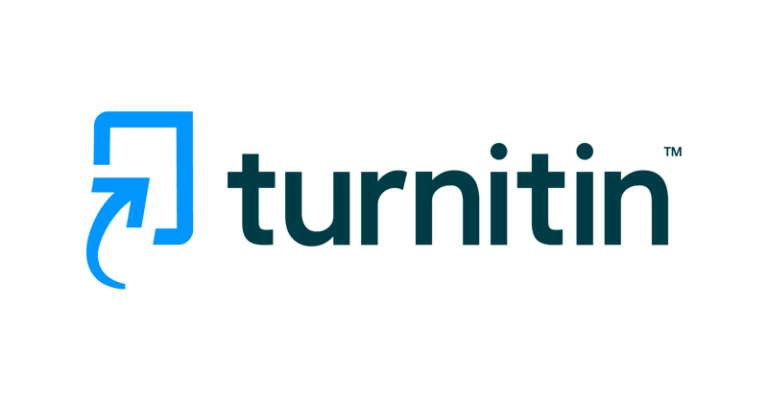The Role of AI Accounts Receivable Agents in Credit Unions
Credit unions play a unique role in the financial services industry, focusing on member-centric services while maintaining financial sustainability. One of the persistent challenges they face is managing accounts receivable efficiently. Late payments, missed dues, and manual collection efforts can strain resources and negatively affect cash flow. To address these challenges, many credit unions are now embracing artificial intelligence (AI) to enhance their collection processes.
A modern solution, such as an ai accounts receivable agent for credit unions, offers a way to automate repetitive tasks, improve member communication, and recover outstanding payments faster. By leveraging AI-driven tools, credit unions can strike the balance between maintaining strong member relationships and ensuring financial stability.
Why Credit Unions Need AI for Accounts Receivable
Traditional collection methods often involve manual phone calls, paper notices, and time-consuming recordkeeping. These outdated processes can lead to inefficiencies, higher costs, and even reputational risks if members feel pressured by overly aggressive tactics.
AI-powered receivable agents simplify these processes by automating routine follow-ups, sending reminders, and providing personalized communication through voice, text, or email. For credit unions, this means less administrative burden on staff and more efficient recovery of member dues.
Improving Member Communication and Experience
Unlike traditional debt collection methods, AI systems are designed to communicate with empathy and consistency. An AI receivable agent can be programmed to engage with members in a professional and non-intrusive manner, offering reminders that feel supportive rather than confrontational.
Additionally, by providing multiple communication channels, such as SMS and email, members have greater flexibility to respond and make payments at their convenience. This enhances the overall member experience while helping credit unions recover funds more effectively.
Enhancing Accuracy and Compliance
Compliance with financial regulations is especially important for credit unions. AI systems ensure that all communication follows regulatory guidelines, such as those set by the Fair Debt Collection Practices Act (FDCPA). Automated systems also log every interaction, creating a clear record that supports compliance and minimizes the risk of disputes.
AI also helps reduce errors that can occur in manual processes, such as sending incorrect reminders or mismanaging payment schedules. This accuracy builds trust and ensures members receive transparent and consistent communication.
Streamlining Internal Operations
One of the major benefits of AI agents is the reduction of manual workload for credit union staff. Employees can spend less time on repetitive collection activities and more time on providing personalized financial services to members.
By integrating AI agents with core banking systems, credit unions can automate invoice tracking, monitor payment statuses, and generate reports in real-time. This improves operational efficiency and enables leadership to make data-driven decisions about member accounts and financial strategies.
Cost Savings and Faster Recovery
Collections can be costly when handled manually, particularly if overdue accounts require escalation to third-party agencies. AI receivable agents reduce these costs by increasing the speed and efficiency of in-house collections. Faster recovery of funds not only strengthens cash flow but also decreases reliance on external collection services, further boosting cost savings.
Building Long-Term Member Trust
Credit unions are built on relationships of trust with their members. AI accounts receivable agents help maintain this trust by making the collections process more respectful, consistent, and transparent. Members are more likely to view reminders as helpful rather than intrusive, which strengthens loyalty even in situations where payments are delayed.
Conclusion
AI technology is transforming the way credit unions manage their accounts receivable. By using an ai accounts receivable agent for credit unions, organizations can automate repetitive tasks, improve member communication, ensure compliance, and recover payments faster. This not only enhances financial stability but also preserves the member-focused values that set credit unions apart.
As financial services continue to evolve, credit unions adopting AI-driven solutions will be better positioned to manage challenges while delivering exceptional service to their members.







